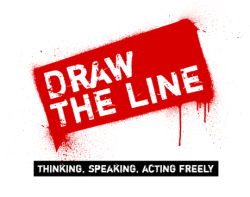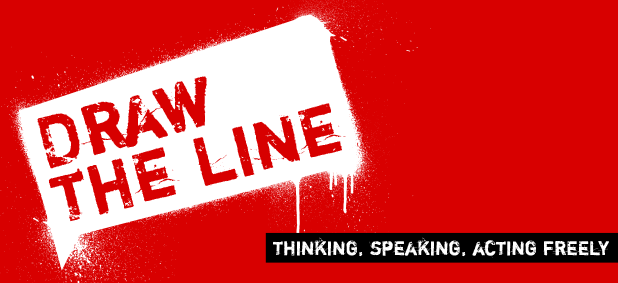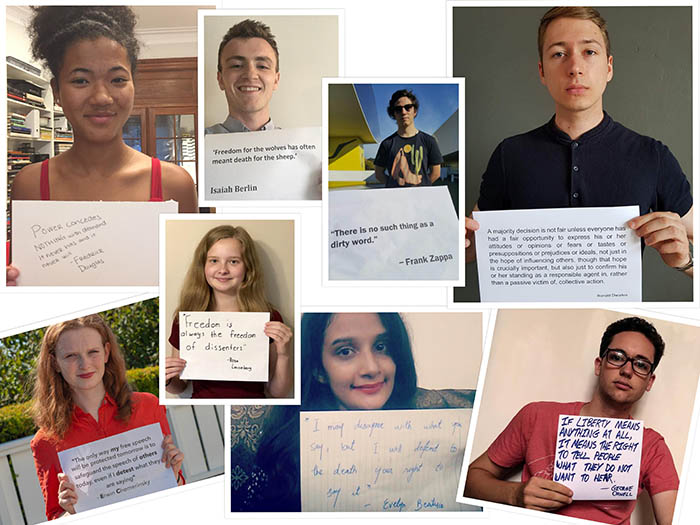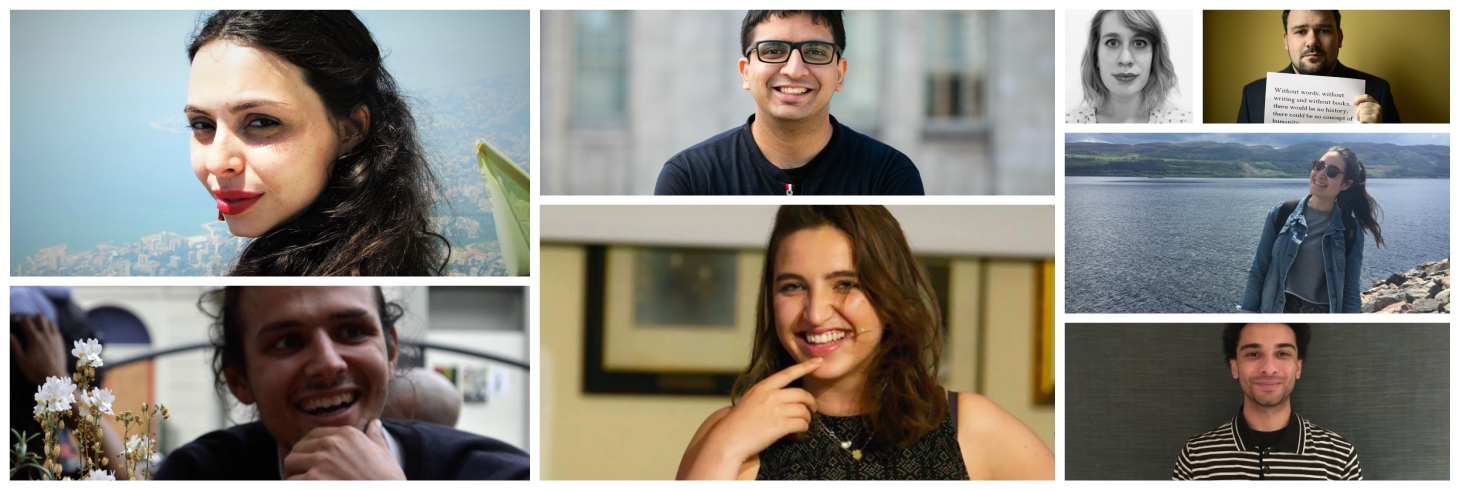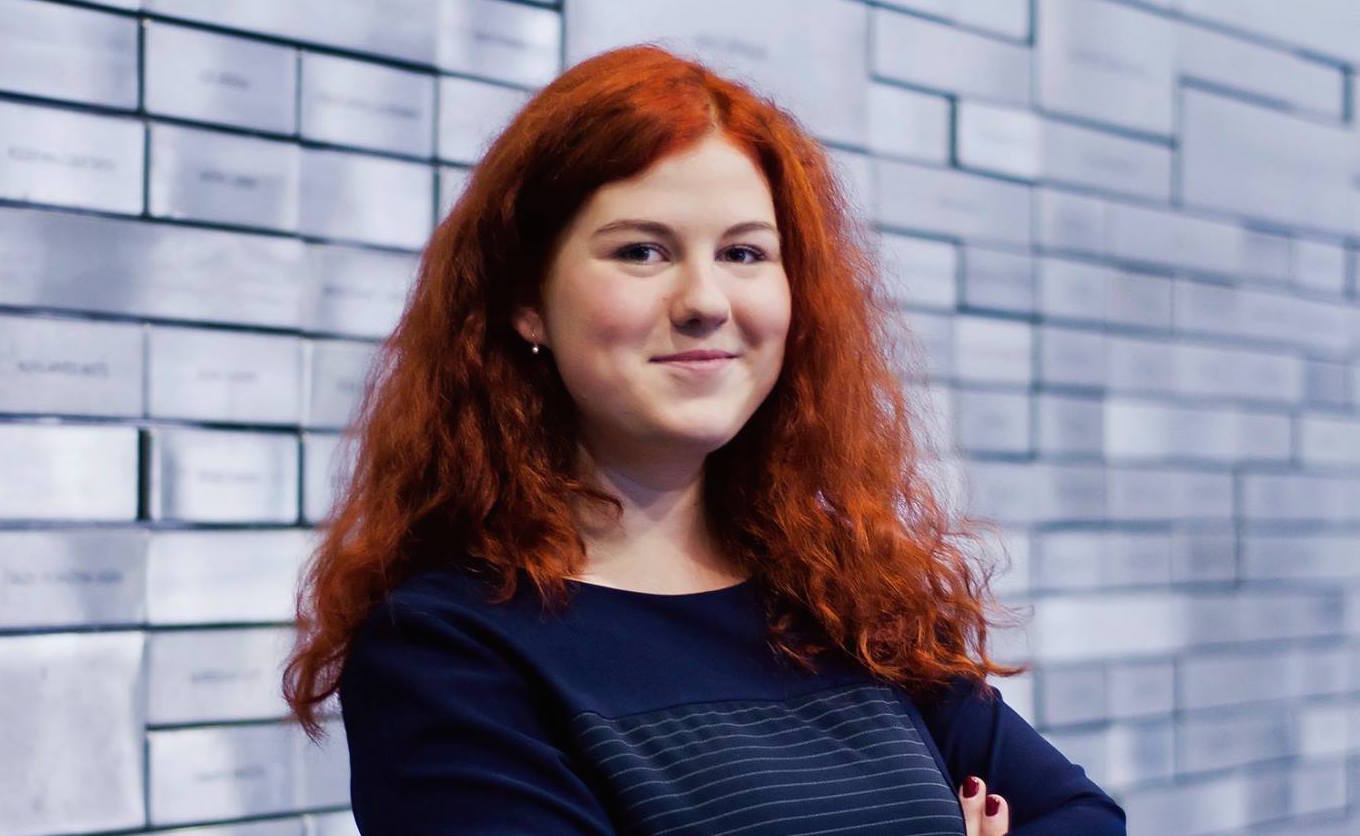Censorship, and the degree to which we self-censor, is becoming an increasingly difficult, yet pressing and vitally important, topic of debate amongst an ever-growing international community.
Now, in the internet age, it has never been easier to connect and communicate with so many different people from all across the world. With these wide reaching forms of communication, and various people calling for censorship at different levels, the extent to which offence is considered an acceptable and fundamental part of free speech, has been called into question.
In the wake of the Charlie Hebdo killings, some world leaders have spoken publicly against self-censorship. Australian Prime Minister Tony Abbot urged media in the country to not resort to self-censorship. Some believe that certain groups, communities or organisations should be exempt from satire, criticism or insult. Others might argue that without the right to offend, a proper line of communication can never truly be attained, that no group should be exempt, and that people have the right to offend and be offended, but not to resort to violence and extremism.
This poses the question: is causing offence, and the ability to be offended, a fundamental part of freedom of expression? And, if we remove the right to offend, does this then close down the space for free and open debate?
Tweet your thoughts to #IndexDrawtheLine to get involved in the debate.
This article was published on 28 January 2015 at indexoncensorship.org

